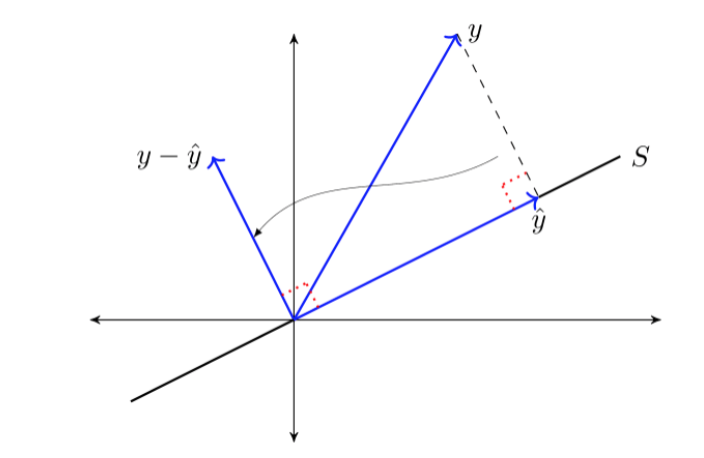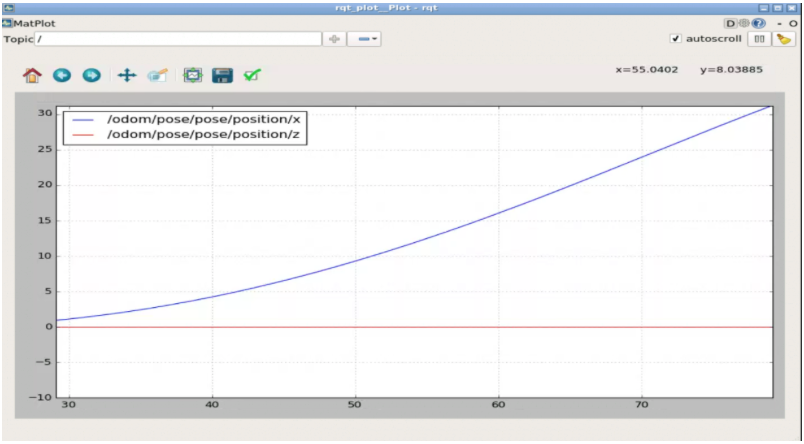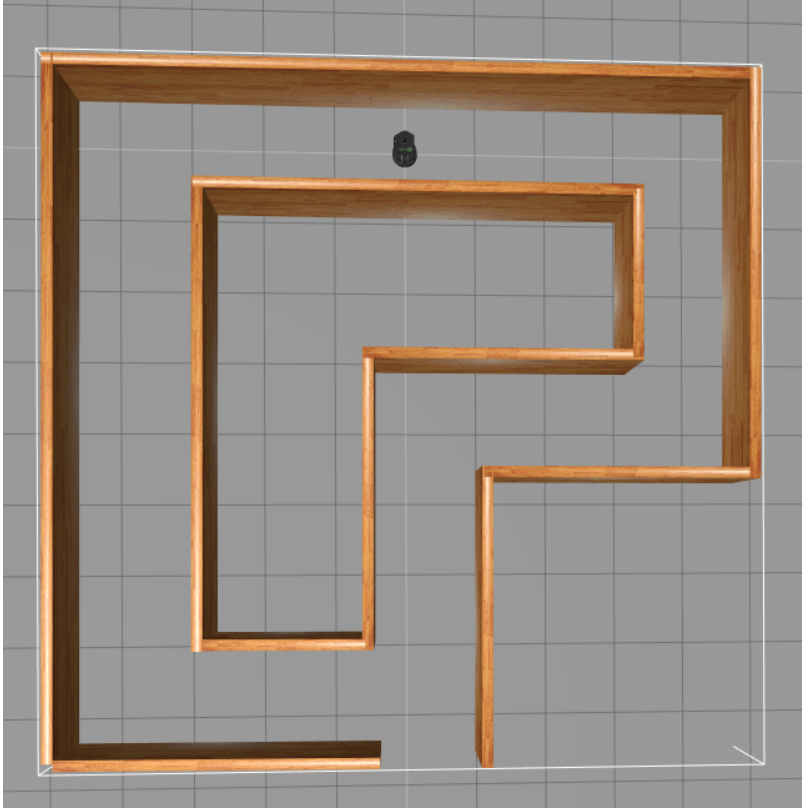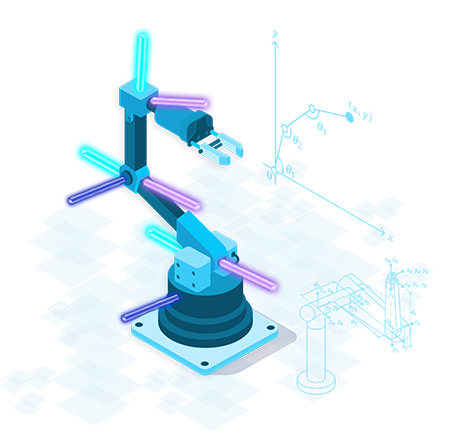Basics Course
Basic Maths for Robotics
Learn the basic mathematical concepts applied to robotics.

Course Overview
Description
The aim of this course is to provide a good understanding of what geometry stands for, basic linear algebra, calculus and operations with numbers, and some probability theory. All these skills are key if you want to become a robotics developer.
What You will learn:
- What Kalman Filters are and why they are required
- Different types of Kalman Filters and when to apply each one:
- Linear Algebra, where you’ll learn about vectors and matrices
- Calculus, where you’ll learn about functions, derivatives, and integrals
- Probability, where you’ll learn about random variables and belief distributions
Who is this for?
This course is for anyone who wants to start a robotics career and doesn’t have a mathematical background. It will provide you with the basic mathematical skills you need in order to learn more complex robotics concepts.
Simulation robot used in this course:
Turtlebot2
Level
Basic
Estimated Completion Time
20 hours
Prerequisites
What projects will you be doing?
Linear Algebra
Write a small function that will help the Turtlebot perform a rotation, given the angle we want to rotate.
Linear Algebra
Apply the Pythagorean Theorem to calculate the length of a vector given the other sides of a triangle.
Calculus
Practice calculus using kinematics and the relationships between a robot’s position, velocity, and acceleration.
Help a mobile robot escape from a maze
It consists of making a program that dictates the movements the robot performs in order to get out of the maze.
What you will learn
Course Syllabus
Unit 1: Introduction
Unit for previewing the contents of the Course, including a practical demo.
Unit 2: Linear Algebra (vectors and matrices)
In this unit, you are going to get a gentle introduction to the most basic field of mathematics: Linear Algebra. This discipline is a prerequisite to any career you want to follow in mathematics, physics, engineering, etc.
Unit 3: Calculus
In this unit, you are going to be introduced to a basic unit of calculus: a function.
In mathematics, this unit provides valuable information on how a variable changes. It may change over time, position, or orientation, but it can all be studied with the properties of functions.
Unit 4: Probability
Autonomous robots develop their behaviours in pairs of perception of their state and the environment, and action from their motors to the environment. Probability is a representation of how uncertain we can be that the robot perceives what we think, or performs the actions we want.
Project: Escape from a maze
In the final project of this course, you are going to help a mobile robot escape from a maze. It consists of making a program that dictates the movements the robot performs in order to get out of the maze.
Irene Pérez
Course’s Creator
My name is Irene, I’m a Physicist and Engineer from Barcelona. I’m passionate about applying Artificial Intelligence to Robotics, while focusing on the utility and beauty of fundamentals.
Ready to get started?
Start learning ROS & Robotics online quickly and easily
More courses you might like
People interested in this course also viewed
Kalman filters
Intermediate
Learn how Kalman filters work and how to apply them to mobile robots using ROS.
Robot Dynamics and Control
Intermediate
Learn the behavior of robotic systems when forces and torques are applied to them.
Basic Arm Kinematics
Intermediate
Learn the concepts and tools for being able to understand how the motion of a manipulator works.
Discover more ROS & Robotics Courses
Top universities choose The Construct for Campus to teach ROS & Robotics.
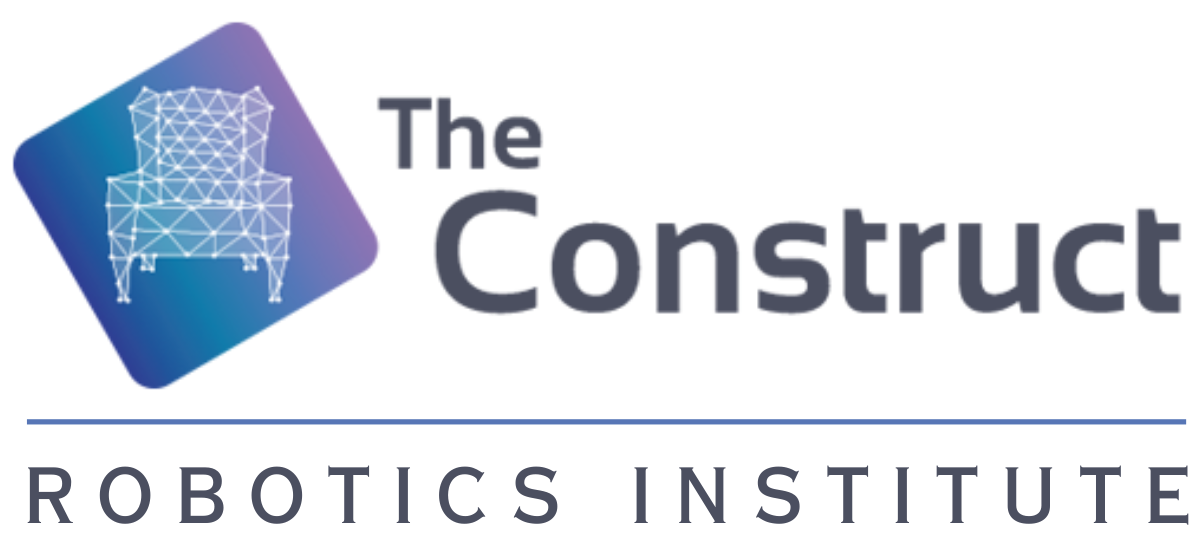
![la1 [ROS Q&A] 168 - What are the differences between global and local costmap](https://www.theconstruct.ai/wp-content/uploads/2020/12/la1.png)
